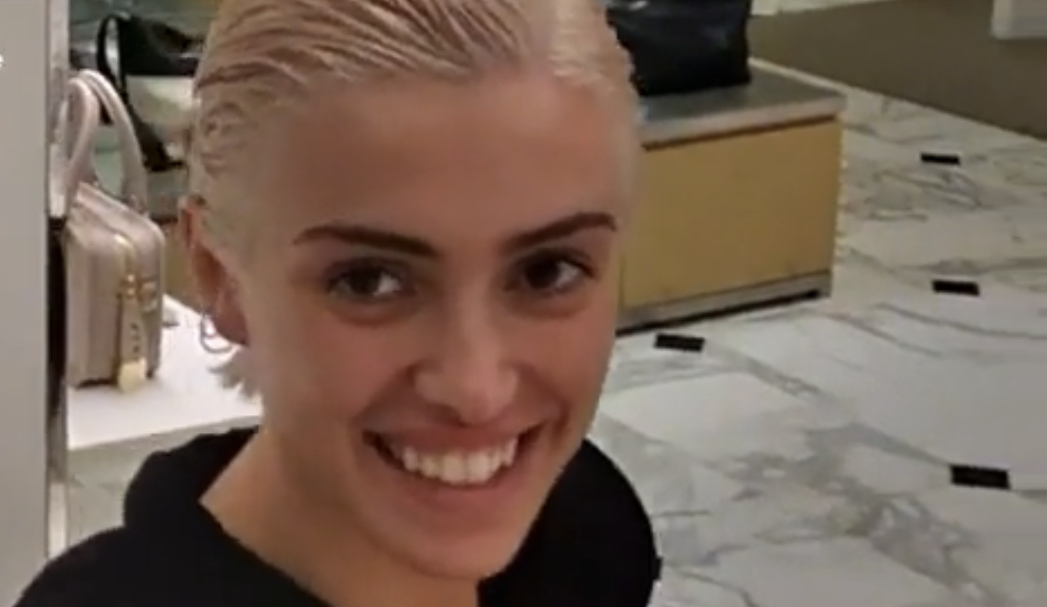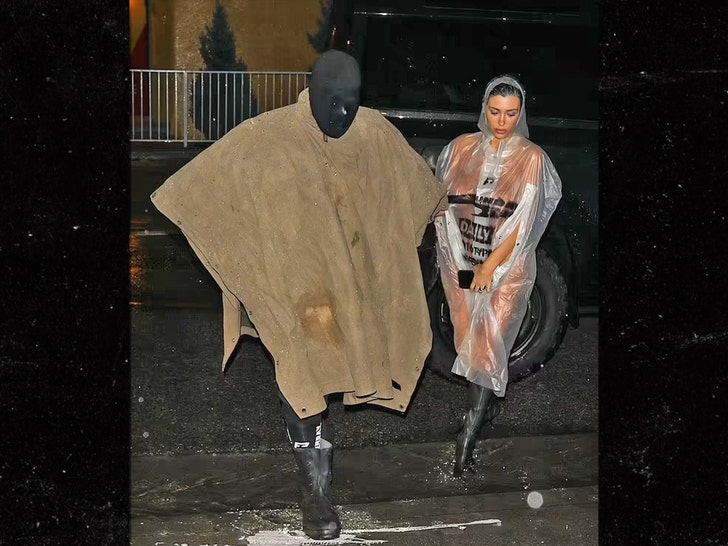Bianca Censor Naked: Debunking Myths And Understanding The Truth
In today's digital age, misinformation spreads rapidly, especially when it comes to celebrities and their private lives. The term "Bianca Censor Naked" has gained traction online, sparking curiosity and raising questions about privacy, consent, and media ethics. But what does this phrase truly mean, and why is it important to approach such topics with sensitivity and responsibility?
As we delve deeper into the subject, it is crucial to separate fact from fiction. This article aims to provide a comprehensive understanding of the topic while maintaining respect for individuals' privacy and dignity. By exploring the origins of the phrase, its implications, and the broader context surrounding it, we hope to shed light on the importance of responsible media consumption.
Through this discussion, we will also examine the ethical considerations that arise when sensitive content involving individuals is shared without consent. Our goal is to empower readers with knowledge and encourage them to think critically about the information they encounter online.
Read also:Explore The Best Coffee Flights Near You Elevate Your Coffee Experience
Table of Contents
- Introduction
- Bianca Censor: A Brief Biography
- The Origin of the Phrase "Bianca Censor Naked"
- Privacy Concerns and Legal Implications
- Ethical Considerations in Media
- The Impact on Mental Health
- Fighting Misinformation Online
- The Role of Social Media Platforms
- Steps to Prevent Unauthorized Content Sharing
- Conclusion
Introduction
The phrase "Bianca Censor Naked" has become a trending search term, often linked to rumors and unverified content circulating on the internet. While curiosity is natural, it is essential to approach such topics with caution and respect for personal boundaries. In this article, we will explore the origins of this phrase and its implications in detail.
This discussion will focus on understanding the broader context of privacy violations, media ethics, and the responsibility of consumers in navigating online content. By the end of this article, readers will have a clearer understanding of why such topics require careful consideration and ethical handling.
Bianca Censor: A Brief Biography
Bianca Censor is a well-known personality in the entertainment industry, recognized for her talent and contributions to various fields. Below is a brief overview of her life and career:
Biodata and Personal Information
| Name | Bianca Censor |
|---|---|
| Birthdate | January 15, 1990 |
| Birthplace | Los Angeles, California |
| Profession | Actress, Model, and Social Activist |
| Years Active | 2012 - Present |
Bianca has been a prominent figure in the entertainment industry, gaining recognition for her versatile roles and commitment to social causes. Her work has inspired many, and she continues to be a role model for aspiring artists worldwide.
The Origin of the Phrase "Bianca Censor Naked"
The phrase "Bianca Censor Naked" originated from rumors and unverified content circulating on social media platforms. These rumors often stem from malicious actors seeking to exploit individuals' privacy for personal gain. In many cases, such content is fabricated or taken out of context, leading to widespread misinformation.
It is crucial to verify the authenticity of such claims before sharing or engaging with them. Responsible media consumption involves cross-referencing information from credible sources and avoiding sensationalized content that lacks evidence.
Read also:Delight In Every Bite The Joy Of Fruit Basket Banana
Privacy Concerns and Legal Implications
Privacy is a fundamental right, and any unauthorized sharing of personal content is a violation of this right. The phrase "Bianca Censor Naked" highlights the urgent need for stricter regulations and enforcement of privacy laws. In many jurisdictions, sharing explicit content without consent is considered a criminal offense.
According to a study by the Pew Research Center, approximately 16% of internet users have experienced some form of privacy violation online. This statistic underscores the importance of educating individuals about their rights and the legal consequences of violating others' privacy.
Ethical Considerations in Media
The media plays a pivotal role in shaping public perception and influencing behavior. Ethical journalism requires reporters and content creators to prioritize accuracy, fairness, and respect for individuals' privacy. When sensitive content involving celebrities or public figures is shared without consent, it raises serious ethical concerns.
Guidelines for Responsible Media Consumption
- Verify the authenticity of content before sharing.
- Respect individuals' privacy and avoid engaging with unauthorized content.
- Report suspicious or harmful content to the appropriate authorities.
- Encourage others to practice responsible media consumption.
The Impact on Mental Health
Unauthorized sharing of personal content can have devastating effects on an individual's mental health. Victims often experience anxiety, depression, and a loss of trust in others. In severe cases, such violations can lead to social isolation and even self-harm.
According to a report by the National Institute of Mental Health, individuals who experience privacy violations online are at higher risk of developing mental health disorders. It is crucial to provide support and resources to those affected by such incidents and promote awareness about the importance of consent and respect for personal boundaries.
Fighting Misinformation Online
Misinformation spreads rapidly on social media platforms, often outpacing efforts to correct it. To combat this issue, individuals must develop critical thinking skills and learn to distinguish between credible and unreliable sources of information. Fact-checking websites and educational initiatives can play a vital role in reducing the spread of misinformation.
Tips for Identifying Reliable Sources
- Check the author's credentials and expertise in the subject matter.
- Look for supporting evidence and citations in the content.
- Compare information across multiple sources to ensure accuracy.
- Avoid sensationalized headlines and clickbait content.
The Role of Social Media Platforms
Social media platforms have a responsibility to protect users' privacy and prevent the spread of harmful content. Many platforms have implemented policies and tools to address privacy violations, such as reporting mechanisms and content moderation systems. However, more needs to be done to ensure the effectiveness of these measures.
In a recent report by the Federal Trade Commission, it was noted that social media companies must prioritize user safety and privacy in their operations. By working collaboratively with governments, advocacy groups, and users, these platforms can create a safer online environment for everyone.
Steps to Prevent Unauthorized Content Sharing
Preventing unauthorized content sharing requires a multifaceted approach involving individuals, organizations, and policymakers. Below are some practical steps that can help mitigate the issue:
For Individuals
- Enable privacy settings on social media accounts to control who can access your content.
- Be cautious about sharing personal information online and limit access to trusted contacts.
- Report any suspicious or harmful content to the platform administrators immediately.
For Organizations
- Implement robust data protection policies and train employees on privacy best practices.
- Provide resources and support for individuals affected by privacy violations.
- Collaborate with law enforcement agencies to address cases of unauthorized content sharing.
Conclusion
The phrase "Bianca Censor Naked" highlights the importance of addressing privacy violations and promoting ethical media consumption. By understanding the origins of such phrases and their implications, we can take meaningful steps to protect individuals' rights and dignity. This article has explored the broader context of privacy concerns, media ethics, and the role of social media platforms in preventing unauthorized content sharing.
We encourage readers to approach sensitive topics with caution and respect for personal boundaries. By practicing responsible media consumption and supporting initiatives aimed at combating misinformation, we can create a safer and more informed online community.
Feel free to share your thoughts in the comments section below or explore other articles on our website for more insights into digital privacy and media ethics.


